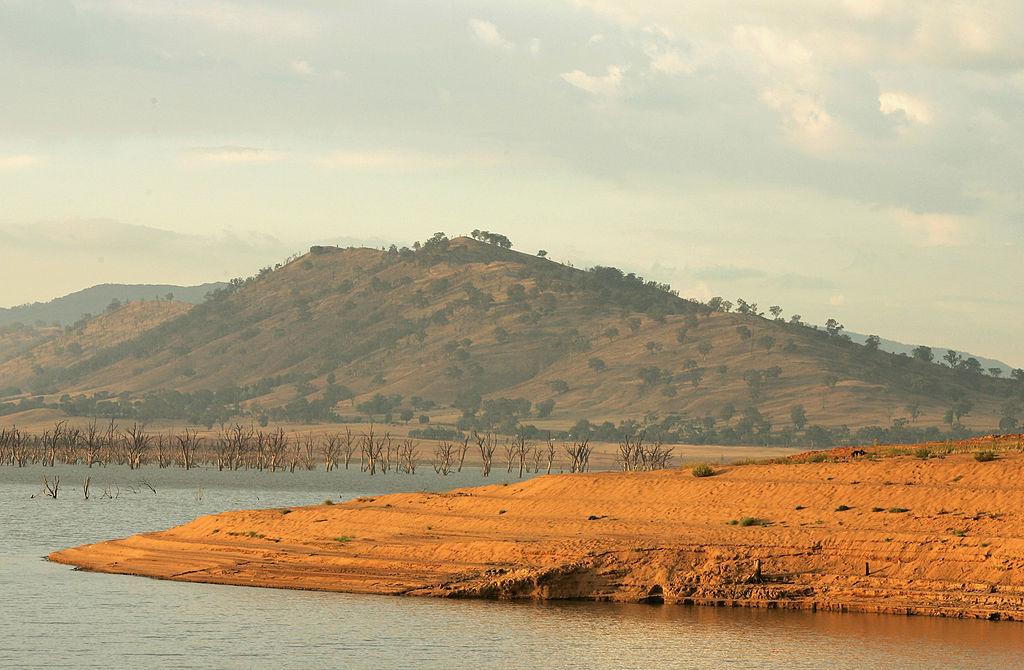Victoria has been singled out as the Australian state most to blame for “undermining” the Murray-Darling Basin Plan, according to a new report.
An Environment Victoria report (pdf) on Aug. 3 said the state’s opposition to water buybacks, including other schemes, has made it difficult to meet the scheme’s water targets.





